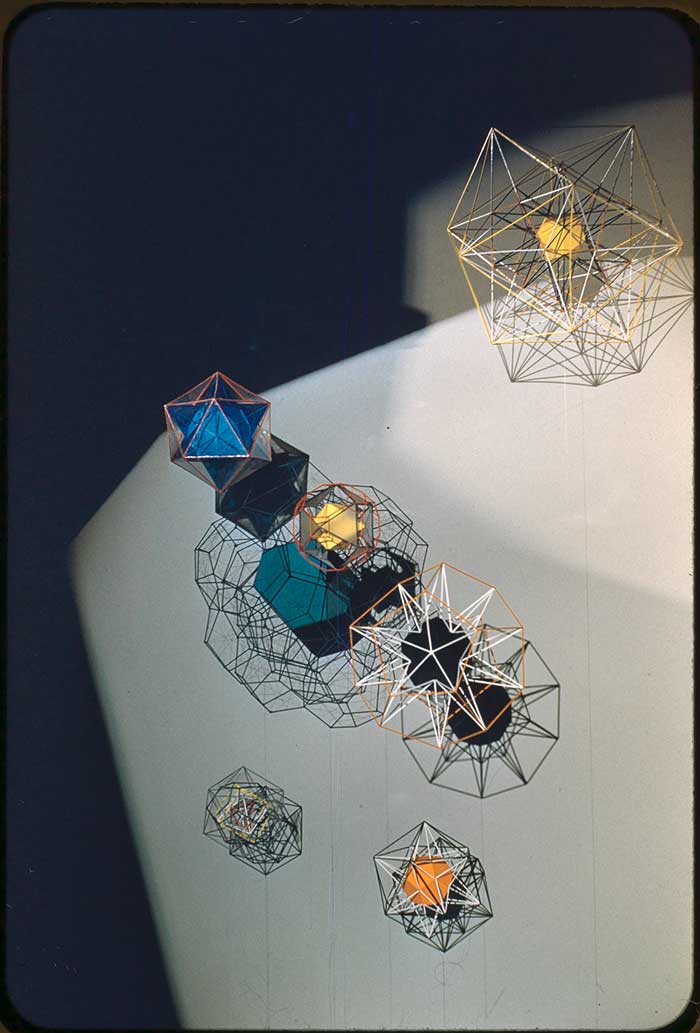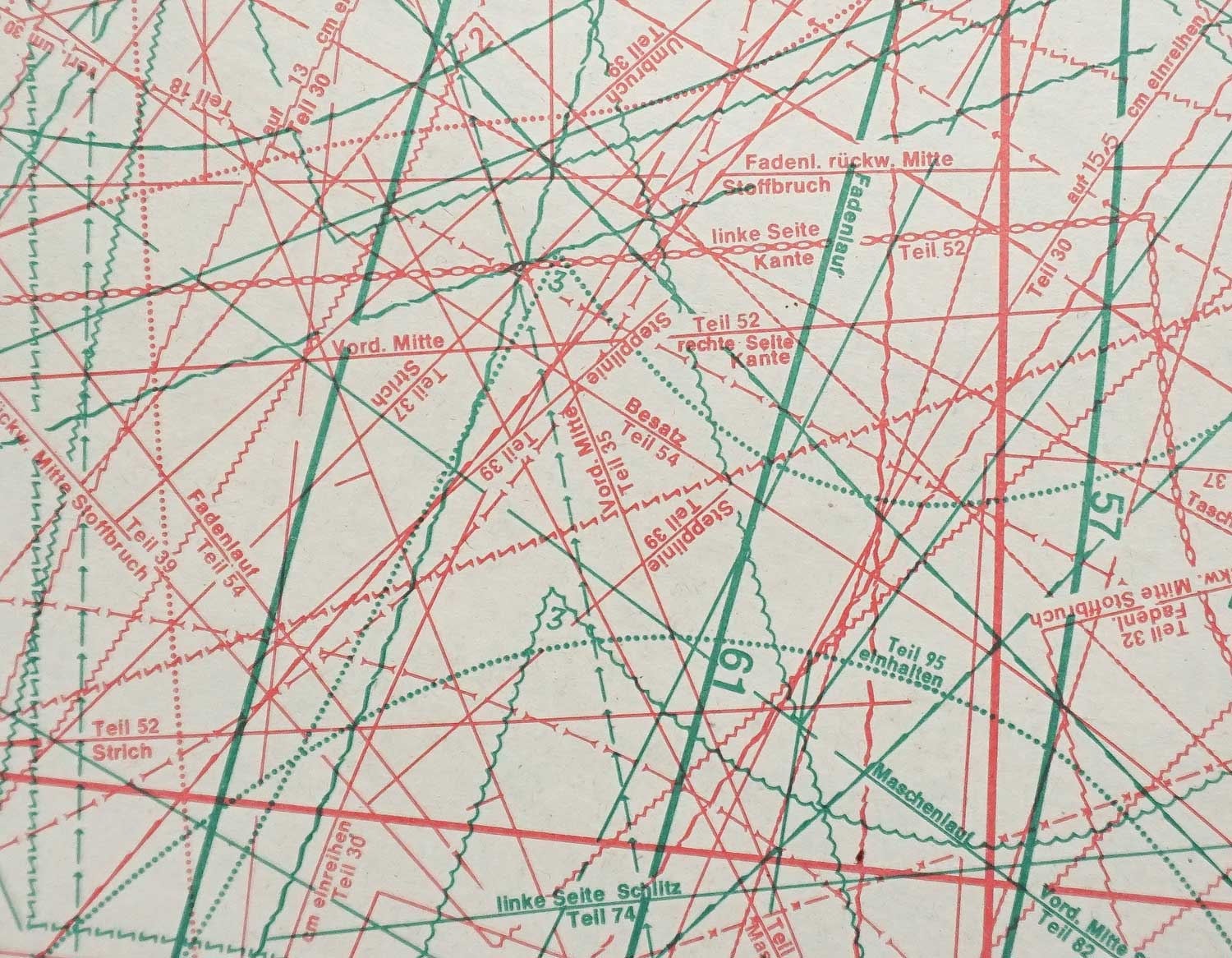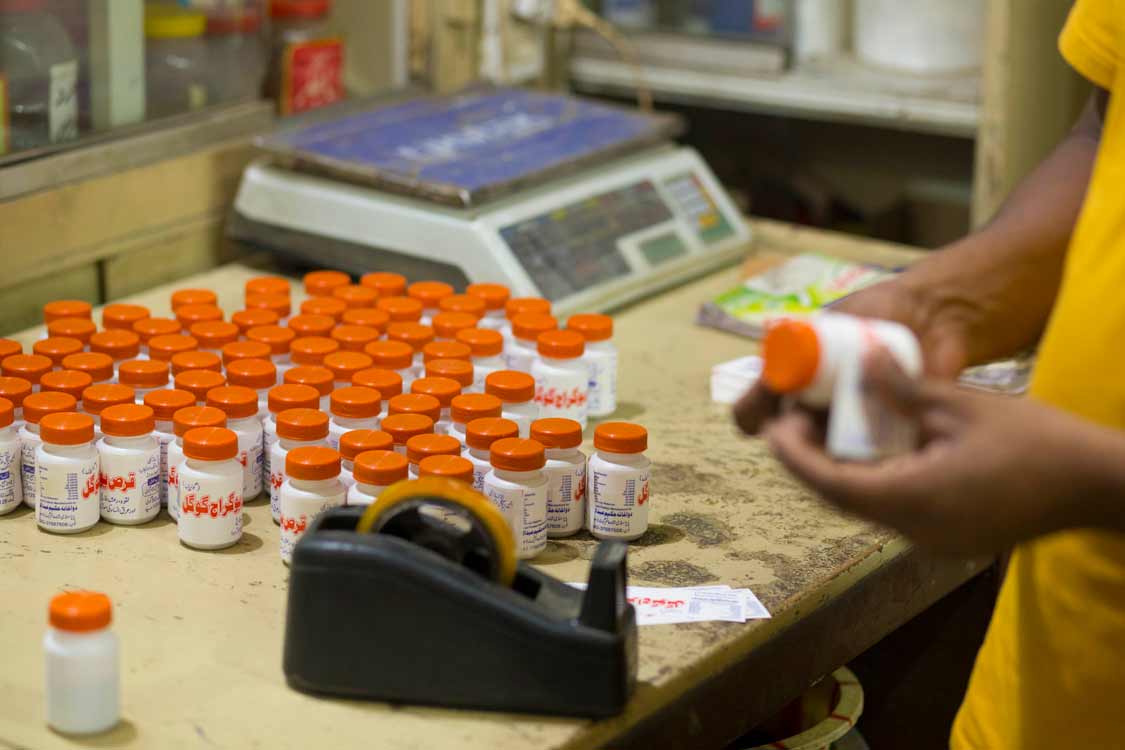
Recent Research
Major research projects in the department of Design History and Theory include: ‘Design Anthropology: Industrial Design and Development’ FWF (Austrian Science Fund) 2024–2027, led by Principal Investigator Professor Alison J. Clarke , exploring the legacies and histories of Cold War experiments in social science and design; ‘Victor J. Papanek: Émigré Culture Networks and the Founding of Social Design’ FWF (Austrian Science Fund) 2013–2018, also led by Principal Investigator Alison J. Clarke which traced the intellectual networks connected to the creation of the 1970s socially responsible and humanist design movements – related project outputs include the international travelling exhibition and related catalogue Victor Papanek: The Politics of Design (2018–2021) co-edited and co-curated by Alison J. Clarke with Vitra Design Museum in cooperation with Barcelona Design Museum, and Clarke’s monograph Victor Papanek: Design for the Real World (MIT Press, 2021). ‘Transnational School Construction’ FWF (Austrian Science Fund) 2020–2025 led by Principal Investigator Dr. Maja Lorbek considers transnational school construction and the modus operandi of the UIA Commission on School Constructions. The FWF Elise Richter Post-Doctoral project 2019–2025, ‘Professionalisation and its Discontents: Design, 1930–1980’ led by Dr. Leah Armstrong considers design as a ‘new profession’ of the twentieth century. Guest researcher, Dr. Ing. Flavia Alice Mameli ‘Resilient Design Pedagogies’ brings to the department a new post-doctoral project funded by the Deutsche Forschungsgemeinschaft (DFG) under the Walter Benjamin Programme (2025–2027). PhD candidate Elif Süsler-Rohringer and her colleagues have been awarded a ÖAW DOC-Team Fellowship (2022–2025) for their research project ‘Stay and Tell: memory objects and narratives of appropriation: Tracing social change in text, photographs and patterns within personal archives’. In 2024, Dr. Ufaq Inaam was awarded an ÖAW JESH (Joint Excellence in Science and Humanities) fellowship for the postdoctoral project Cold War Design, Imitation & Legacy: Development Policies and Soft Power Dynamism in Postcolonial Pakistan. tied to the FWF Project ‘Design Anthropology: Industrial Design and Development’ FWF (Austrian Science Fund) led by Principal Investigator Professor Alison J. Clarke .
Doctoral Research Students
Supervisor Alison J. Clarke

Elif Süsler-Rohringer, MA MA
Cut, trace, design, repeat: People and Patterns in Flux 1970–2000
This research project focuses on the creative dimension of labor migration in the textile industries between Turkey, Germany and Austria, highlighting that cultural exchanges between these countries were not linear and one-sided, but entangled. It examines the creative adaptations of design in conjunction with migrants’ transnational fashion experiences from the tailors’ and dressmakers’ perspective. It aims to investigate these sartorial exchanges and transfers of knowledge, as well as gaps and disjunctures from the 1970s to the 2000s. To do that it deals with two kinds of mobilities creating intersections; displacement and globally circulating design models (i.e. commercial paper patterns for clothing). It traces both transfers and the lack thereof through a combination of an actor-centered approach with a socially embedded media analysis.
Detail from a paper pattern, 1990s (Elif Süsler-Rohringer)
Eva Gjessing, MA Architect, Ph.D. Fellow in Edu. Theory and Curriculum Studies, Material Culture
University of Aarhus, Arts.
School Design, Community and Care
The research project focus on welfare architecture and social sustainability. It shares light on how Danish School Design 2015-2020 materialize and produce new practices and everyday life in school. During the last decades the political purpose of school building in Denmark has changed from being an embracement of national pedagogical ideas to being the remedy of promoting a global vision of school. This vision is elaborated by pedagogical consultants in programs for future schools in Denmark relaunching the open-plan school from the 1970s though bigger in size and differently organized. The research applies critical theory to scrutinize the dialectics between school programs, didactical practices in school and the users experiences of community and care with the practices.
Mgr. David Bláha
Theory and History of Modern and Contemporary Art
Academy of Art, Architecture and Design in Prague
Josef Kaplický and the Politics of Bohemian Glass
The research project investigates how the now-familiar term “Bohemian glass” was shaped and promoted by the socialist state administration of Czechoslovakia during the 1940s and 1950s, and what role it played in the context of state propaganda at the Cold War international exhibitions. Josef Kaplický (1899–1962) was a Czech painter, sculptor and designer who became one of the most important figures active in the post-war development of Czechoslovak glass design, which later led to international recognition of the then revolutionary glass sculptures. Because many of Kaplický’s students became world-renowned pioneers of glassmaking, special emphasis is put on the analysis of his pedagogical and theoretical approach and its gradual development in relation to the changes in the Czechoslovak glass industry.
Taavi Hallimäe
MA Cultural Theory and Philosophy, PhD candidate Art History and Visual Culture, Estonian Academy of Arts
The research project studies the role of everyday objects – specifically consumer items created by Soviet designers as copies of Western products – and how it shaped Soviet society on the eve of its dissolution, in the late 1980s. It focuses specifically on planning, designing, constructing and the making of mass-produced everyday objects made from plastic in Soviet Estonia, in the factories of Salvo and Estoplast. While Western design was only partly accessible for the general public of the Soviet Union, copying brought it closer, but also determined the distance between what was produced in the West and what was copied in the Soviet Union. This research not only shows how human imagination is influenced by products, technology and economic systems, but how Western design – with the help of Soviet workers, machines and factories – developed the notion of ‘high’ and ‘low’ in late Soviet culture.
Completed Doctorates

Image series on traditional medicine, Lahore, Pakistan (Ufaq Inaam)
Ufaq Inaam, M.Phil, MFA, PhD
Doctoral Scholarship – Higher Education Commission Pakistan
Lecturer, Design Department, College of Art & Design, Punjab University, Lahore, Pakistan
Informal Economies of Design: Material and Visual Culture of Traditional Medicine in Popular Urban Spaces of Lahore, Pakistan.
From the collage of ephemeral therapeutic posters to the electric visuals of traditional medicine, of Pakistan’s Lahore metropolis are filled with the exuberance of transient and informal graphic design.
This doctoral research project explores how a particular ubiquitous graphic identity is formed through the consumption of modern and traditional simultaneously and how religion is materialized in the commercial construction of objects. Founded on visual ethnography, which is instituted on biographies of advertising graphics in popular urban spaces and aesthetics of domestic spaces, this study reports the relativity of consuming the desired ‘modern-ness’ and how a specific class acts as an agency of consumption of a traditional kind of modernity.
Heng Zhi, Mag.Des.Ind. PhD
Senior Lecturer/ Post-Doc FWF Researcher
Redefining Design – Reflective Design Activities in Contemporary China
Kathrina Dankl, Dr. phil. DI (FH)
Managing Director, Studio Dankl and Ass. Prof. Design School Kolding, Denmark
Very Experienced People: An Ethnography of Design, the Elderly and Style
External Examiner: Prof. Jeremy Myerson, Director Helen Hamlyn Centre RCA, UK
Elisabeth Petermann, Dr. phil.
Unravelling the Culture of Trend Forecasting: An ethnographic study of the legitimising, representing, mediating, and value-generating practices of the European trend industry
External Examiner: Prof. Joanne Entwistle, King’s College London, UK
Martina Grünewald, Dr. phil. BBA, MA
Promotio sub auspiciis, Post-Doctoral Fellow, University of Applied Arts Vienna
Doing Design, Practising Thrift – Material Culture and the Social Construction of Value at Auctions in Vienna
External Examiner: Prof. Harvey Molotch, New York University, USA
Özlem Savas, MSc, PhD
Ass. Prof. Design and Communication, Bilkent University, Ankara, Turkey
Taste Diaspora: The Aesthetic and Material Practice of Belonging
External Examiner: Prof. John Storey, University of Sunderland, UKDI
Sandra Dittenberger, Mag. Dr. phil.
Univ.-Prof. New Design University, St. Pölten
Lived Mobility – The Experience of Personal Mobility
External Examiner: Prof. Ina Wagner, Technical University Vienna
Anna Weiß, Mag. Dr. phil.
Univ.-Ass. Academy of Fine Arts, Vienna
Hyper-Domesticity: Gender and the Contemporary Interior
External Examiner: Edelbert Köb, Former Director MUMOK
